- News 2023
- Facts & Figures
- Organisation
- Profile
- Focus 2023
- Downloads
-
Inhalte teilen:
Dean’s Office of
Medical Faculty of Heidelberg
Excellent education and high-quality research were the cornerstones of the Medical Faculty at Heidelberg University in 2023. The Dean's Office summarizes the most important findings of 2023.
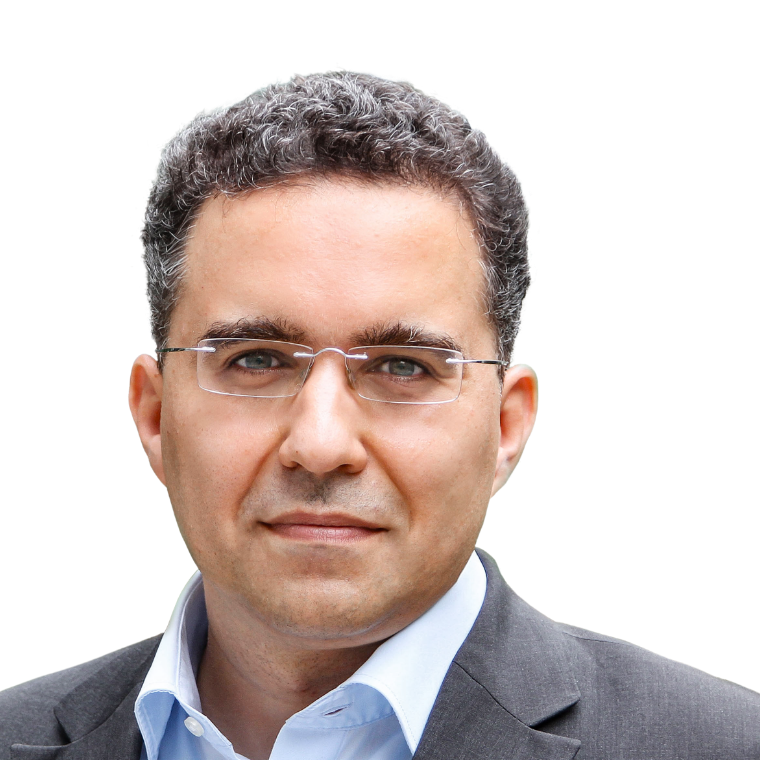
Prof. Dr. Michael Boutros
Dean
Heidelberg University‘s Faculty of Medicine can look back on a very successful year in 2023. With the extension of three Collaborative Research Centers of the German Research Foundation, the recruitment of nationally and internationally outstanding scientists and Germany-wide leading results in teaching, the Faculty is well positioned for the coming years.
Since its foundation in 2022, the Health + Life Science Alliance has gained momentum over the past year. With new cross-institutional programs, high-technology platforms, the recruitment of young scientists and the planning of a new building, we are expanding the space for successful basic science and clinical-translational research. The alliance of the seven major research and healthcare institutions aims to develop the Rhine-Neckar region into a leading international biomedical technology cluster. It also strengthens the existing bridges to our non-university partners such as the DKFZ, the EMBL, the Max Planck Institute for Medical Research and the Central Institute of Mental Health.
The unique environment in the field of medicine and life sciences also helps to retain and attract excellent scientists. Among the numerous grants, awards and prizes, of which I would like to highlight the Leibniz Prize from the German Research Foundation, show that new colleagues find a stimulating environment in Heidelberg. Professor Rohini Kuner was awarded the most prestigious research prize in Germany, following the Leibniz Prize for Professor Stefan Pfister last year. In addition to other prizes, several highly competitive grants from the European Research Council (ERC) were also acquired. I am also very pleased that the Heidelberg Medical Faculty and UKHD 2023 have succeeded in recruiting outstanding individuals for key positions: Professor Luise Poustka has taken over as Head of Child and Adolescent Psychiatry, Professor Christoph Michalski as Head of Surgery, Professor Sandro Krieg as Head of Neurosurgery and Professor Oliver Zivanovic as Head of the Women‘s Clinic.
I would particularly like to take this opportunity to thank the former Dean, Professor Hans-Georg Kräusslich, who, together with his team, has ensured that the Faculty is well positioned for the coming years. We will continue this in the new Faculty Board: through the further development of the research strategy, through new programs for early career researchers, through further development of teaching and through our efforts as part of Heidelberg University for the next phase of the Excellence Strategy.
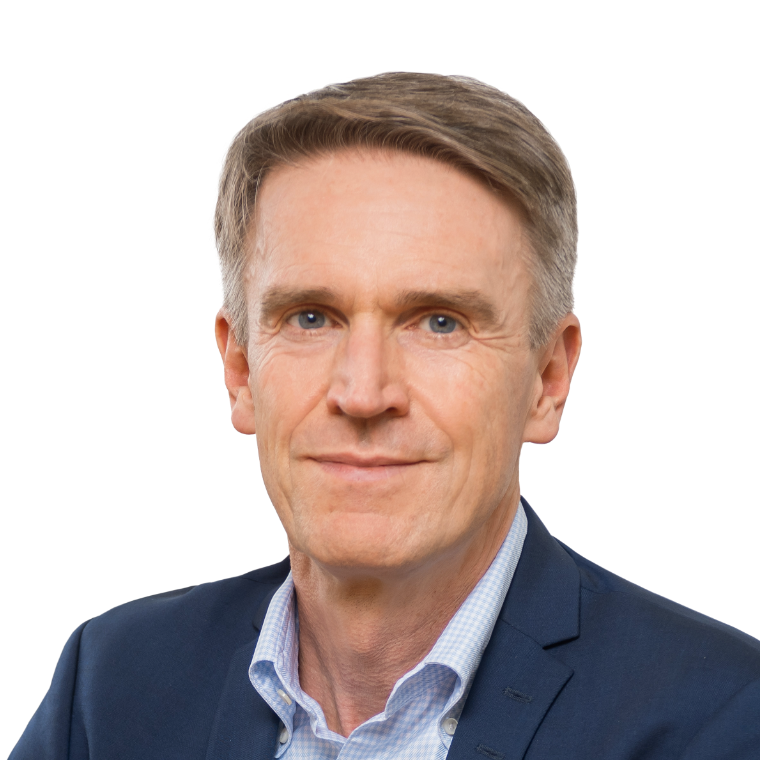
Prof. Dr. Wolfgang Wick
Vice-Dean for Structure and Development
Based on our high quality in research, teaching and patient care, which has been confirmed in many places, it is particularly important to take a critical look at the current situation and to develop and implement new concepts for the formation of specializations, but also for the discovery of new areas. In the current situation of increasingly limited resources and fiercer competition for brains, we are privileged as a Heidelberg location, but also face particular challenges. It is a great pleasure to see how these challenges are being accepted within the faculty, but also across professional groups.
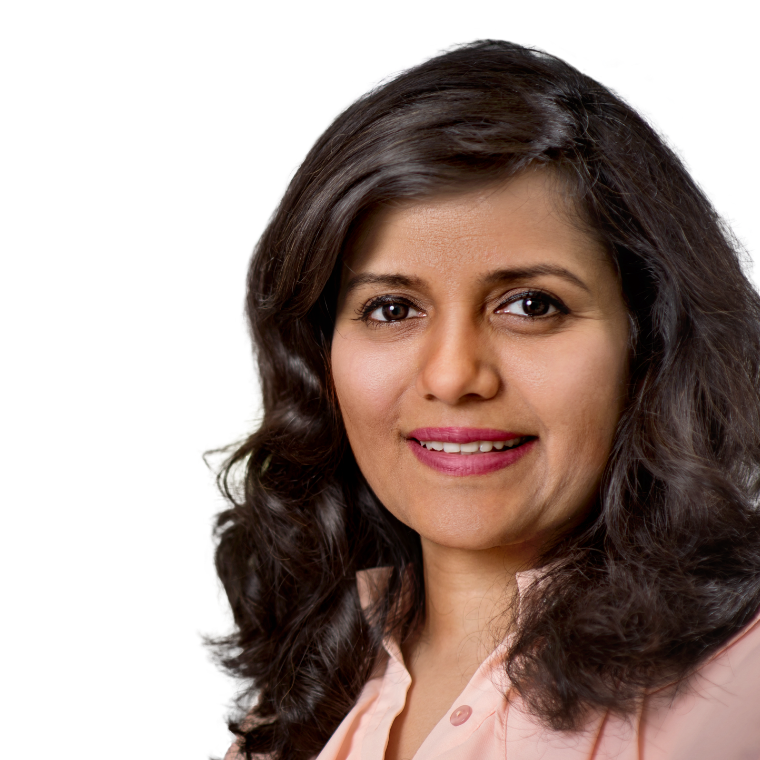
Prof. Dr. Rohini Kuner
Dean of Research
The Faculty of Medicine in Heidelberg continues to be a leader in its key research areas of infectious diseases, cardiovascular sciences, neurosciences and oncology. This is accompanied by outstanding successes in Collaborative Research Centers and other research networks at national, EU and international level as well as highly endowed ERC grants and prizes. Important research expertise is being pooled in new ground-breaking areas such as synthetic immunology and artificial intelligence.
The Office of the Dean of Research has taken a variety of measures to strengthen the development of the faculty as a top international research location and to offer researchers optimal conditions. One focus is on further promoting success in high-ranking and visible scientific publications and in the competitive acquisition of third-party funding. A key objective is to organize and optimize the research infrastructure in the form of “core facilities” and to ensure that the latest technologies are available to the faculty’s researchers as early as possible.
Success in research goes hand in hand with the promotion of young scientists. An important milestone was the recent launch of the new “Advanced Clinical Scientist” and “Advanced Medical Scientist” programs, which aim to close the gap between the existing postgraduate support of “Clinician-, Medical and Medical-Data Scientists” and the achievement of key positions in clinical and medical research. This will further increase the attractiveness of careers in academic medicine and make Heidelberg an attractive location for scientists from all over the world. This is complemented by the introduction of an advanced mentoring program, which offers comprehensive support at various career stages.
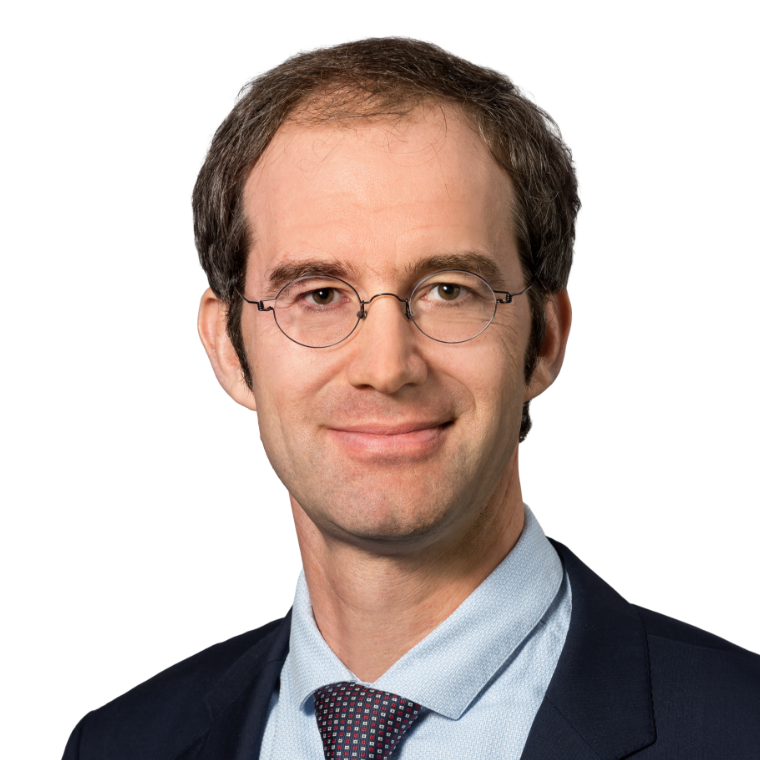
Prof. Dr. Hans-Christoph Friederich
Dean of Studies
The medicine curriculum was also continuously developed in 2023. Significant structural progress was made in the digitalization of teaching, which has become much more important during the pandemic. For example, a central Baden-Württemberg-wide platform for the use and exchange of digital media for teaching was developed. Furthermore, the university‘s campus management system heiCO was introduced and the majority of examinations are conducted on digital devices.
In 2023, the Heidelberg Test Center for Student Selection and Study Orientation (heiTEST) was established at the Faculty of Medicine in Heidelberg to evaluate and further develop the existing selection procedures used throughout the state and country (Test for Medical Degree Programs (TMS), Baden-Württemberg Orientation Test (OT)). The aim of institutionalizing heiTEST is to further increase the visibility of the Faculty of Medicine in the area of student selection. Furthermore, in 2023, applicants underwent the new "Interactional Competencies in Medicine" (IKM) selection procedure at the Faculty of Medicine for the first time. In addition to performance in the TMS, social-communicative skills are also taken into account in the selection process as part of the new procedure. Studies show that the social-communicative skills of practitioners are relevant to the success of patient treatment.
High-quality teaching and promoting young talent are among our central tasks. We are therefore proud that Heidelberg medical students achieved the best results in the first state examination in 2023 and occupy the top rank. This is shown by the evaluation and publication by the Institute for Medical and Pharmaceutical Examination Questions (IMPP).
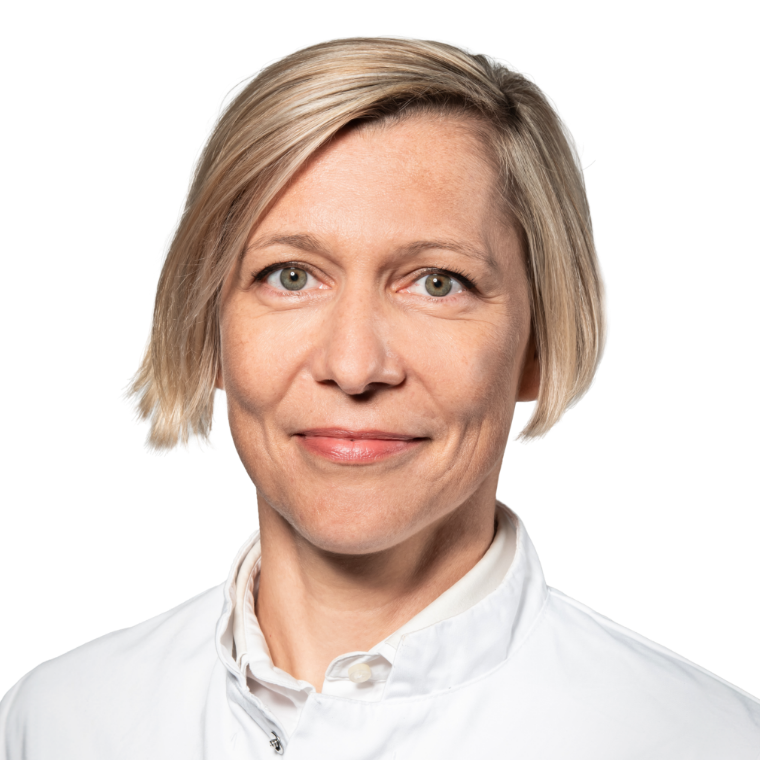
Prof. Dr. Diana Wolff
Dean of Studies for Dentristry
In 2023, the Dental Medicine program was in the midst of transitioning from the old to the new Dental Licensing Regulations (ZApprO), presenting both organizational and logistical challenges as well as opportunities for innovation and improvement. Thanks to a high level of personal commitment from teaching staff and an extremely high level of digitalization, which sets Heidelberg apart from other locations in Germany, dentistry was and is able to offer an excellent curriculum for all students despite the challenges of the transition. In the area of examinations, the focus was on creating the structured examination forms (SMPs) required by the new ZApprO for the oral examinations of the first section. All lecturers in the examination subjects worked successfully in a structured and moderated process to create hundreds of SMPs. The first cohort of students then took the first section of the dental examination (Z1) in summer 2023. In Heidelberg, 80.2% of students registered for the first section; the national average was 51.4%. The pass rate for dentistry students in Heidelberg was a pleasing 90.0% and therefore above the national average (data from a survey by the Association of University Teachers of Dentistry, Oral and Maxillofacial Medicine). The new ZApprO cohort benefited from the use of modern digital tools such as CAD/CAM technology, 3D printing and haptic VR simulators (Simodont), which were successfully used in teaching. In the clinical section, the digital route with IPads and the HeiCheck app for lecturers and students is firmly established in everyday clinical teaching. Since 2023, the HeiCheck preclinical app has been developed in collaboration with IT-Lehre in order to extend the functionalities of HeiCheck to the preclinical phases (medicine, dentistry) of the course. The new ZApprO emphasizes scientific training. The longitudinal science curriculum (HeiScience) was developed and successfully implemented for the first time in 2023/24 to ensure a sound scientific education.
Former members of the Dean's Office

Prof. Dr. Dr. h.c.
Hans-Georg Kräusslich
Dean until September 30, 2023

Prof. Dr. Jan Siemens
Vice-Dean for Research
until September 30, 2023
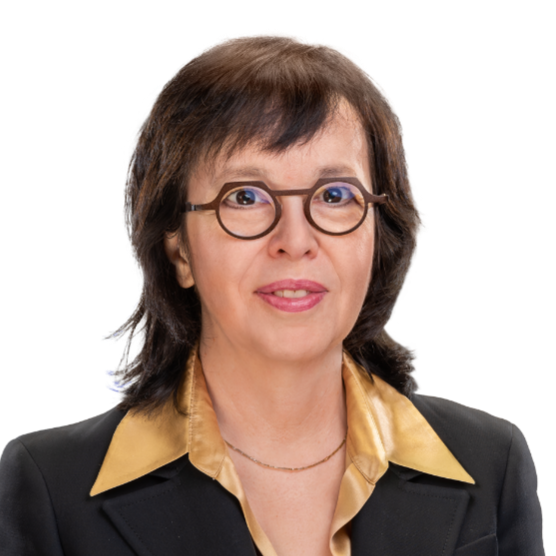
Prof. Dr. Sabine Herpertz
Dean of Studies
until September 30, 2023
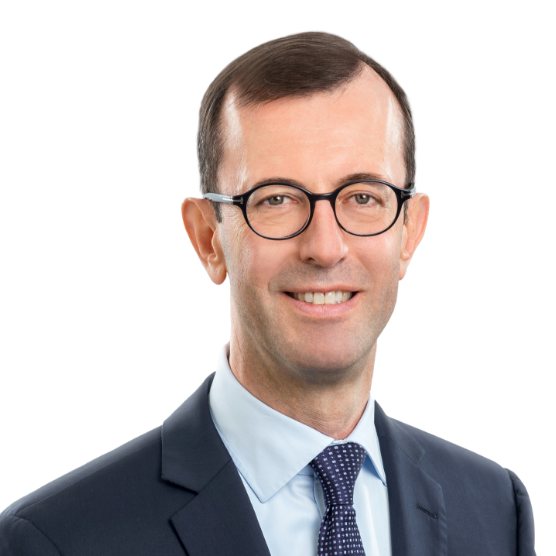
Prof. Dr. Ingo Autenrieth
Chief Medical Director
until June 30, 2024




